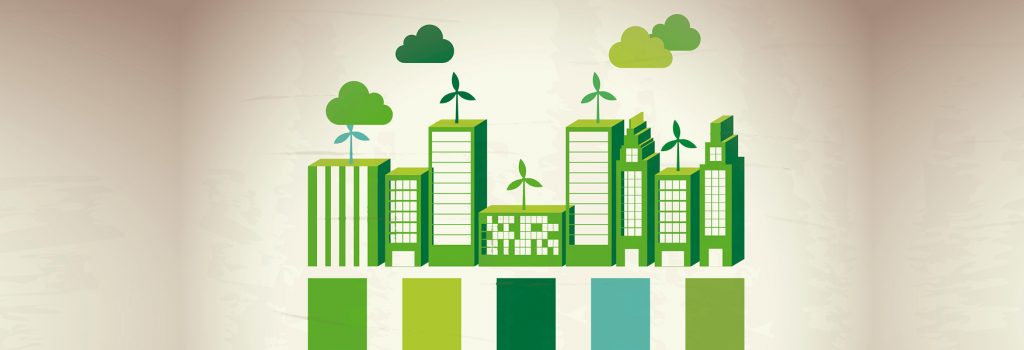
Despite its importance in addressing the widespread global destruction of nature, contemporary environmental ethics often relies on two misguided claims. These are
1. That ecology provides reliable scientific laws for remedying environmental destruction.
2. That environmental ethics should be biocentric, not anthropocentric, and therefore that nonhuman beings should be accorded equal consideration of their interests, just as humans are.
However, among other reasons: 1. Is scientifically false because ecology has no such deterministic laws, and 2. leads to “environmental fascism” and provides for no second-order criteria to adjudicate among different interests and rights of different beings.
Instead of these questionable claims, the chapter argues for three new principles based on ethical default rules, scientific-case-study ethics, and human rights against pollution.
[…]
Read More…

«Innovation is essentially a knowledge-intensive process» […]
Read More…

This essay will be concerned both with Innovation in Services and Service Innovation. Innovation in Services refers to both product and process innovation in service firms, sectors and industries. It may involve the development of new or improved services, while Service Innovation specifically relates to the creation of new services—though this can involve service-providing organisations […]
Read More…

The acceleration of the process of liberalization and globalization in the financial sector which began in the United States in the 1970s, initiated and spurred on by changes in information technologies, has not been accompanied by a parallel development of the system’s regulatory framework, whose instability has steadily increased. Financial innovation in derivatives and securitization, […]
Read More…

Decades of research in social psychology have captured the surprising ability of people to “read” one another. In contexts as different as evaluating classroom teachers, selecting job applicants or concluding jury deliberations, human judgments are made on the basis of extremely thin slices of observational data. Across a wide range of studies, psychologists find that […]
Read More…

Creativity has attracted the attention of researchers in a variety of disciplines including behavioural psychology and management. Within the field of psychology the focus has been primarily on the relationship between creativity and such individual attributes as intelligence, knowledge and personality (Barron and Harrington, 1981; Helson, 1996; Sternberg, 1988; Sternberg and Lubart, 1991; Weisberg, 1993). […]
Read More…

We all love music deeply; opera adds every other conceivable form to augment and unify the senses around music. Music and opera are capable of entertaining, stimulating, moving and transforming us as few other activities are. In fact, there is increasing research on the how and why of music’s power, some of it—like the much-hyped […]
Read More…

Innovation is an important source of growth and a key determinant of competitive advantage for many organizations. Achieving innovation requires the coordinated efforts of many different actors and the integration of activities across specialist functions, knowledge domains and contexts of application. Thus, organizational creation is fundamental to the process of innovation (Van de Ven et […]
Read More…

«The quality of the insights serves as the currency in highly innovative organizations» […]
Read More…

The archaeologist Sander E. van der Leeuw reviews the history of human innovation since its explosion 15,000 years ago and looks for answers to the current problems of our society. In his opinion, the uncontrolled innovation of the last two centuries has been responsible for the birth of the consumer society and the current challenge of sustainability, so maybe it’s not more innovation that frees us from overpopulation, pollution and the lack of resources. […]
Read More…









